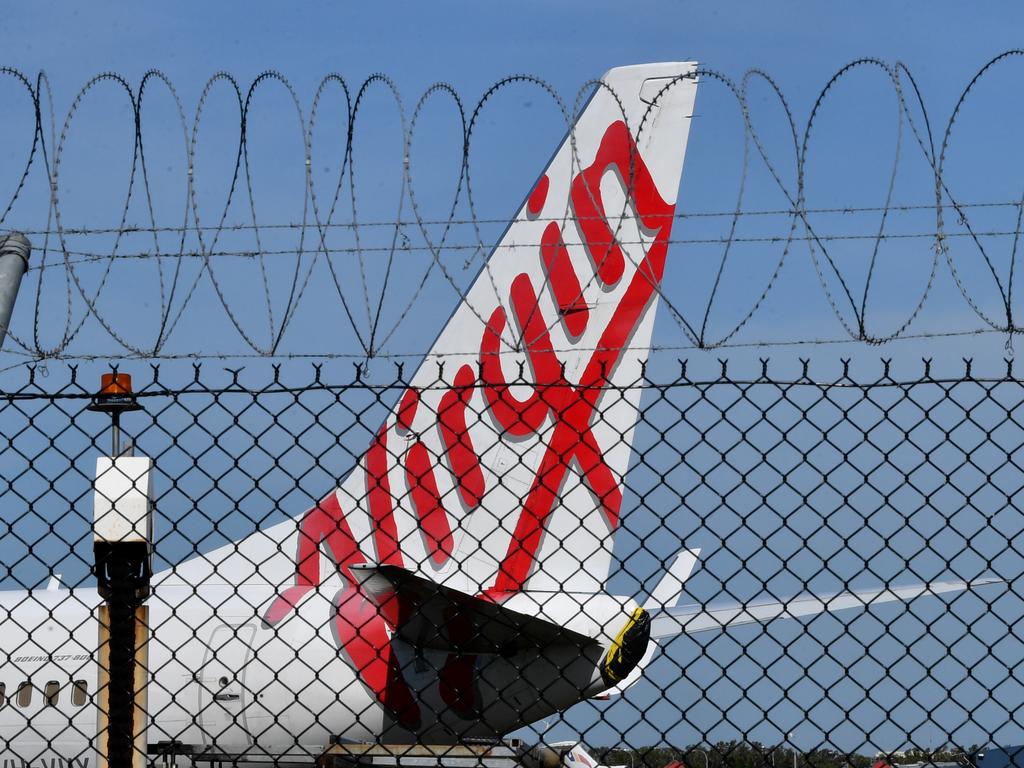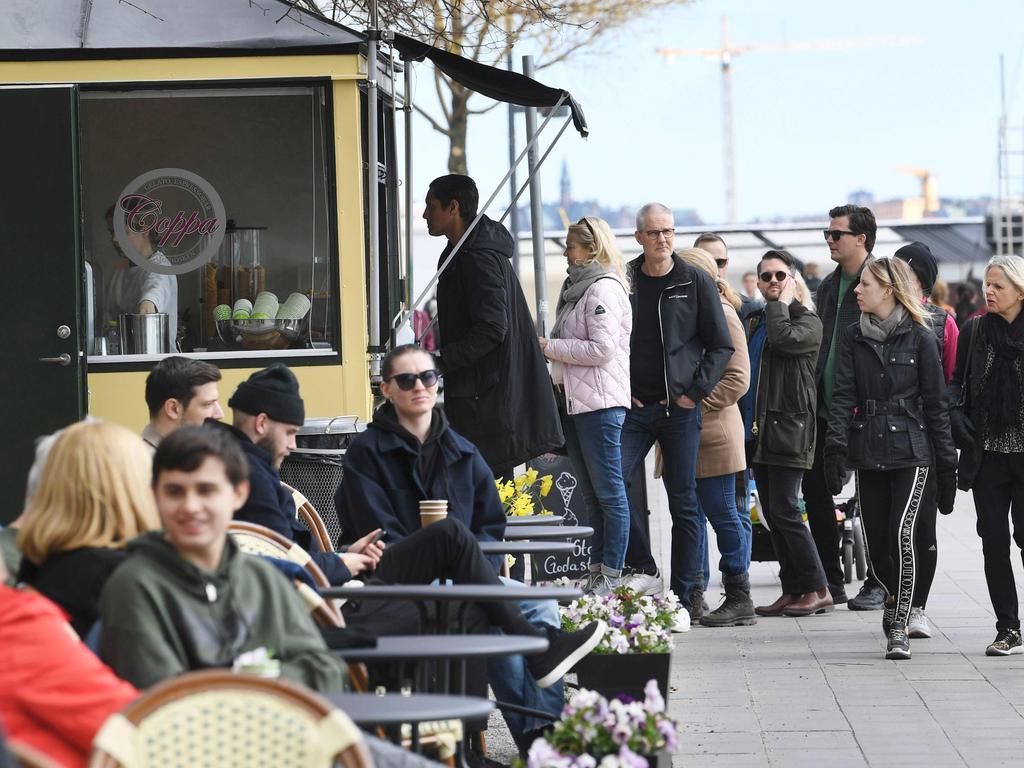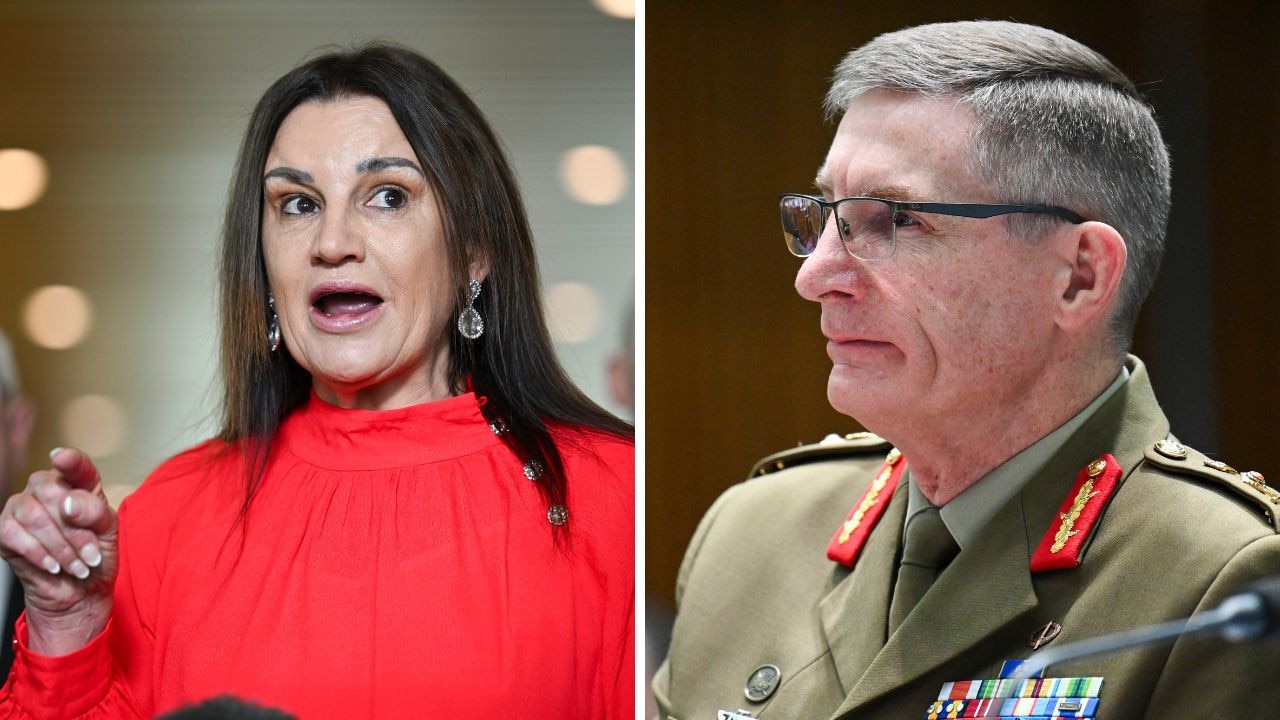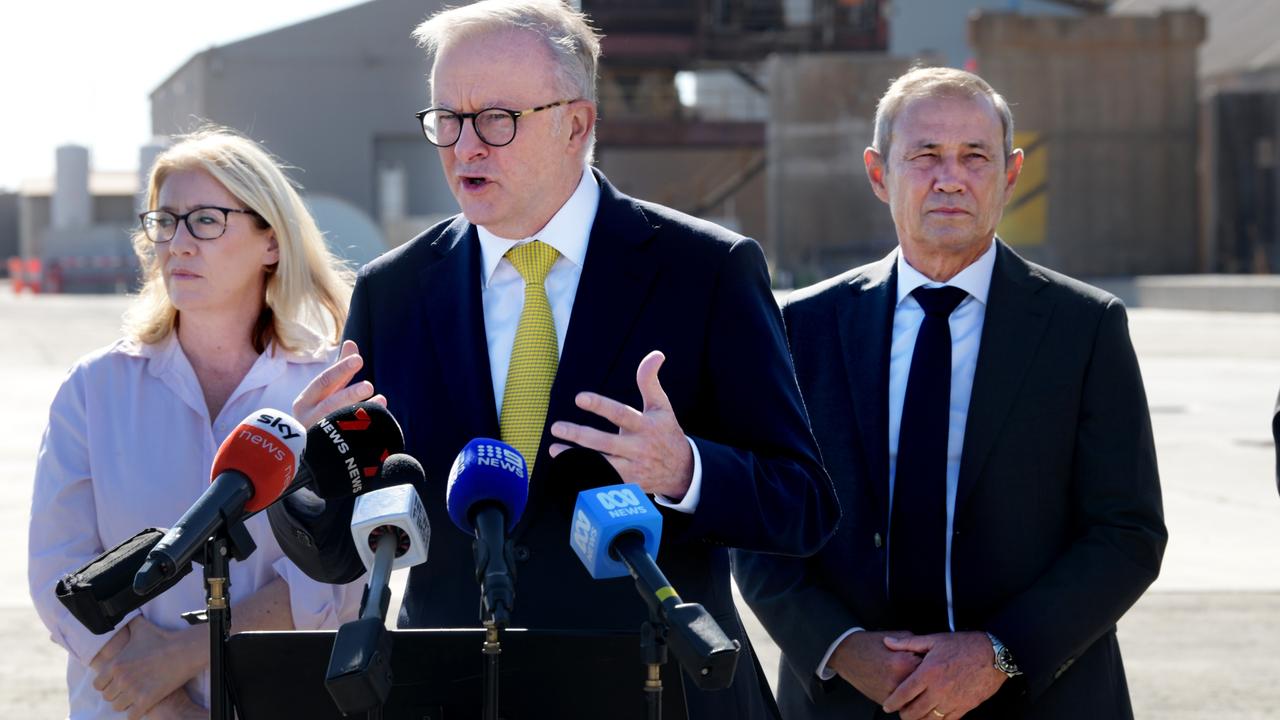Coronavirus: Broken Hill cut off from surgeons and specialists
The NSW outback town of Broken Hill has been left without proper access to Adelaide-based surgeons and specialists.
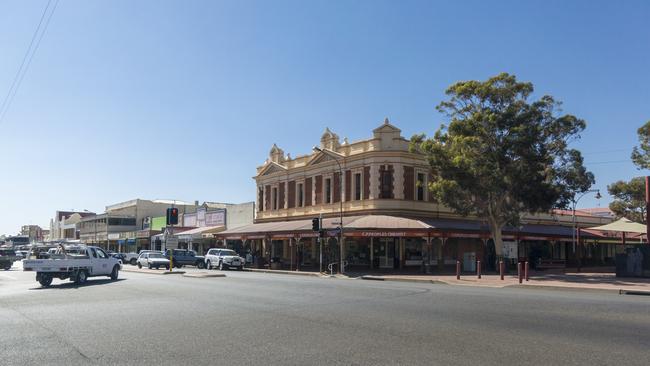
The NSW outback town of Broken Hill has been left without proper access to medical specialists, with urgent cancer surgery and consultations delayed following a South Australian government decision to overturn border closure exemptions for health professionals.
The SA government had earlier this month granted exemptions to specialists treating patients in Broken Hill, Mildura and Alice Springs, but Broken Hill’s exemption was last week overturned, following two positive cases of coronavirus in the town.
The community of 25,000 people 40km from the SA border has traditionally been serviced by Adelaide-based surgeons and specialists, with the drive to Sydney taking 13 hours, compared with 5.5 hours to the SA capital.
Plastic and reconstructive surgeon Amy Jeeves, who runs a practice with fellow Adelaide-based surgeon Jenny Roy treating about 150 Broken Hill patients a month, said she had been unable to travel to the town since the border closure, because doing so would have involved spending 14 days in isolation on her return, leaving her unable to treat Adelaide patients.
Dr Jeeves, who operates on invasive cancers, trauma and hand pathology, said increased telehealth and phone consultations being put in place by the NSW Far West Local Health District as an interim measure were no replacement for being physically present.
“You can’t cut off a melanoma via teleconference,” she said.
Dr Jeeves said she and Dr Roy had missed four operating lists “all with urgent cancer surgery listed”.
“These patients have been left with difficult options,” she said.
“Either wait for normal services to resume at some unknown time in the future, drive five and a half hours to Adelaide and quarantine (for 14 days), or drive 13 hours to Sydney.
“On our regular visits we see a handful of extremely advanced malignancies, which require transfer to Adelaide for multidisciplinary team management such as head and neck cancer, melanoma or sarcoma.
“These patients aren’t being assessed at all at the moment and the referrals are piling up in the outpatient clinic. There are at least 250 patients waiting to be seen for assessment or follow-up.
“I understand the need for a big picture epidemiology view of COVID transmission but I fear that the non-COVID morbidity and mortality will impact disproportionately in vulnerable populations.”
Dr Jeeves called for the exemptions for specialists travelling to Broken Hill to be reinstated, particularly given there were no longer any active cases of COVID-10 in the town.
Ear, nose and throat surgeon Rowan Valentine said that while he was grateful for an exemption — which had allowed some of his Broken Hill patients to be treated at Adelaide’s Flinders Medical Centre with no need for quarantine pending a nasal swab for coronavirus — his inability to travel to the town left other patients in a difficult situation.
Dr Valentine said that if the border closures were still in place in a fortnight, he would operate out of a caravan at Cockburn, near the SA-NSW border, to enable head and neck cancer patients to receive urgent treatment.
“Every individual has a right to access medical treatment, regardless of geographical location,” Dr Valentine said.
“If we’re seeing Category One cancer patients in Adelaide, then we should be seeing Category One cancer patients in Broken Hill.”
A spokeswoman for SA Health said border exemptions for health services “will be few because the risk for the rest of the community is greater than the impact in the health system at this stage in the epidemic”.
A spokesman for the NSW Far West Local Health District said he realised the decision taken by SA Health had “presented our visiting specialists with unworkable challenges in relation to on-site presence.”
“The LHD is implementing measures including increased use of telehealth and phone consultations where possible, switching from face-to-face service to a mixed model incorporating telehealth to ensure it can continue to meet clinical service requirements,” the spokesman said.


